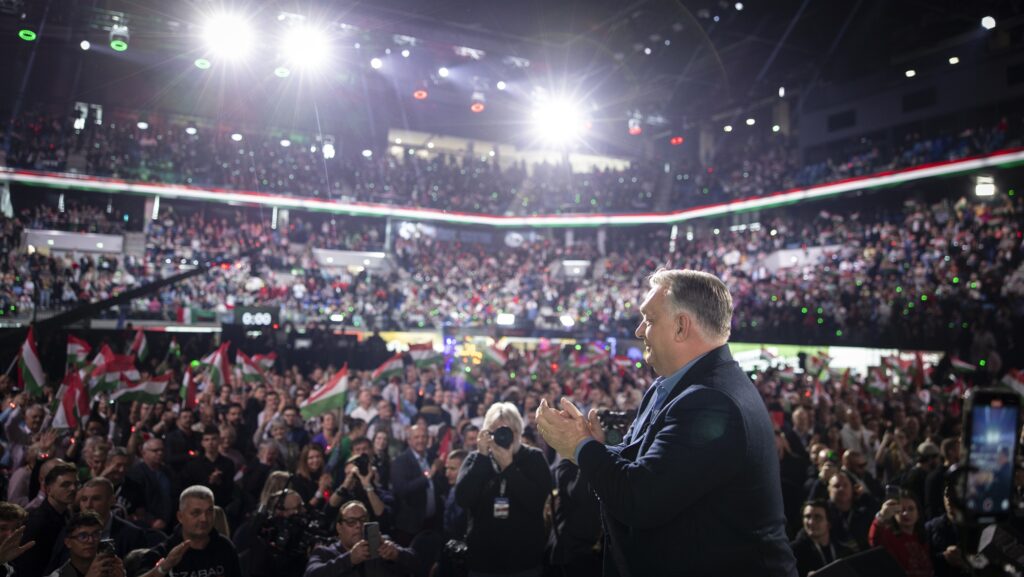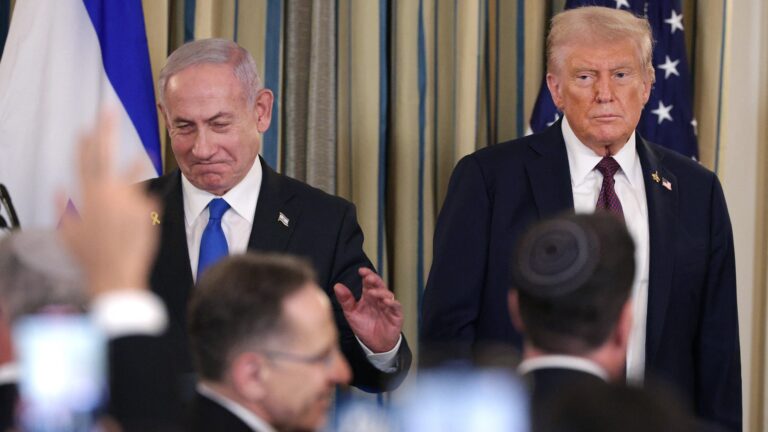The reader might live anywhere in Europe but probably heard the news all the same. In treacherous defiance of NATO and Brussels and all they stand for, Hungary prepares to say no to any and all energy sanctions the EU has and might impose on Russia. What’s more, this incredible rebellion is set to be carried out by none other than… a democratic vote? How dares the Hungarian government ask its citizens whether they want cheap oil and gas? Their answer should be known already: an expression of eager willingness to sacrifice affordable energy prices to bring Russia to heel. No need to ask them anything. And if we do and they were to say otherwise, it’s solely because of that Russophile Orbán and his cronies misleading them. Besides, what worth does the lowly opinion of common people hold in contrast to the all-knowing experts of Brussels? The people are only there to vote once every four years and to keep their mouths shut in between.
Although, perhaps, with a hint of hyperbole, this seems to be the underlying logic behind the latest criticisms against Hungary. Papers and politicians expressed outrage over Hungary’s newest national consultation—a country-wide survey to assist policymakers in their decisions—on whether the country should join or continue to reject the European Union’s sanctions on Russian energy. We have already written about the consultation itself, so I won’t go into the details of that, but rather examine what lies beneath the Western attempts to undermine it. Western objections to Hungarian citizens having a say in the matter appear to be even more desperate considering that the will of their own citizens is also overlooked—judging from the series of huge protests having had zero result.
For instance, German Die Welt accused Prime Minister Orbán and the Hungarian government not only of being sympathetic to Putin but also of deliberately serving Russian interests with the policies put forward. Another outlet, the Frankfurter Allgemeine Zeitung wrote that the national consultation on the sanctions has been designed, among others, to spread the Russian state media’s narratives. Austrian Der Standard opined that the campaign surrounding the consultation is baseless propaganda and further proves Orbán’s ‘special relationship’ with Putin. The European Commission criticised the consultation’s poster campaign (depicting the sanctions as falling bombs), while the US Embassy in Budapest reminded Orbán that he was still a Western ally.
Calling the Hungarians stupid as an argument is starting to lose its edge after twelve years of Fidesz government
While restraining from questioning the legitimacy of the consultation’s outcome explicitly, all these international voices focused heavily on the alleged propaganda aspect of the campaign. As if only misleading from the part of the government could produce the desired results. Well, calling the Hungarians stupid as an argument is starting to lose its edge after twelve years of Fidesz government which was just granted a fourth term earlier this year and with a record number of votes. Perhaps the Hungarians really do have an opinion, regardless of any campaign.
Nevertheless, the opponents of the consultation are not truly worried about Hungarians, are they? No, they are afraid of the outcome and its implications. They even point out that Hungary’s energy import did not come under any restrictive sanctions (it was able to negotiate an opt-out from the oil embargo while disconnecting from Russian gas has been a voluntary choice for each member state so far), therefore there’s no point in holding the consultation whatsoever. But these worries tell us there is a point, as no one would care if it was otherwise.
Yes, Hungary won its diplomatic battle for oil, but it wasn’t an easy one. All the Orbán government wants to do is be better equipped should it come to negotiating similar agreements in relation to Russian gas or uranium in the future. Furthermore, the consultation would help Hungary take a stronger stance against European energy sanctions in general, giving it a stronger chance to steer the entire bloc’s sanctions policies. Why? Well, because even though Hungary is not affected by these restrictions, the fact that they are in place in other EU countries drives up the prices for all. Thus, Hungary prepares for a pivotal fight as winter is approaching, when the EU might have to make grievous decisions. Expecting Russia to crumble by then under the weight of our sanctions seems mere naïveté for now. The Russian economy is hurting, that’s true, but it is able to endure more than most other economies, and certainly more than Europe can. And if we continue on this path, half of Europe will be ruined by the ridiculous prices before next spring.
Tthey do the same Hungarians are now expected to, but without being asked: tell their opinion
Europeans know that, of course. They are not blind to what’s happening either. They see the inflation eating away at their savings; they see their energy bills doubling in just months; they see small businesses around them closing due to unbearable overhead expenses. And they do the same Hungarians are now expected to, but without being asked: tell their opinion. I expect the series of huge protests that started in Prague in early September to continue and grow over the next months. Since then, tens of thousands protested all over Europe, including in Berlin, Paris and even Brussels. These protests grow larger each week, yet the governments that are supposed to represent the European people seem to turn a blind eye to their plight. Of course, it angers them to see Hungary do the opposite, because it makes their responsibility even more apparent.
I wonder how long Western Europe can continue with this attitude. With Liz Truss already gone, I imagine others will follow her shortly throughout the bloc. Unless, of course, the EU softens its stance on the sanctions. It’s not easy to abandon basic tenets and admit one was wrong, I know. But at one point, the leaders will have to sit down and, for once, listen to the people who put them in charge. For what it’s worth, I would like to recommend an easy trick that would make this process much smoother. It’s called national consultation. Perhaps Western European governments should give it a try.







